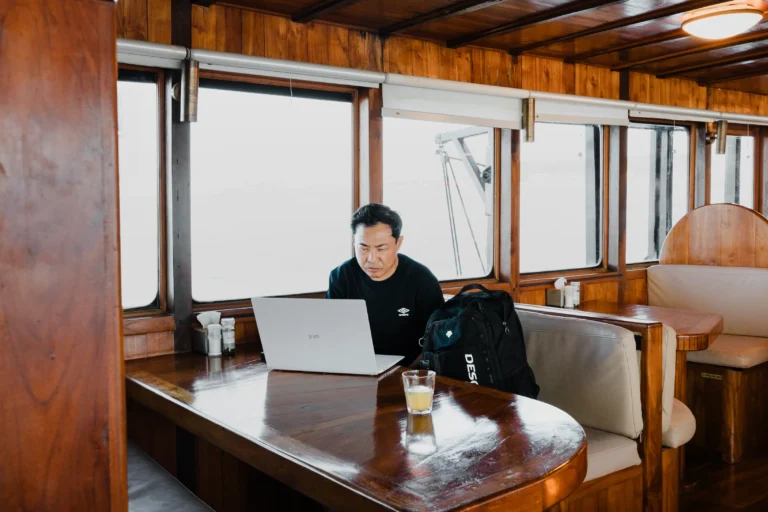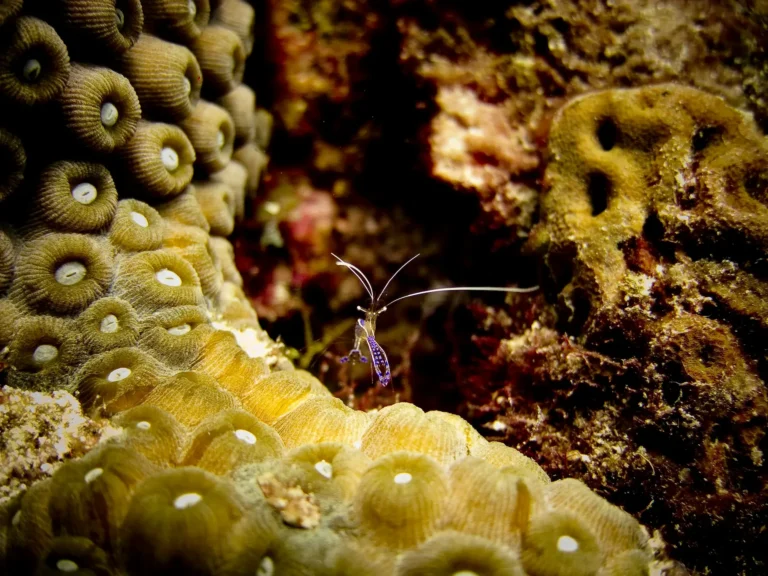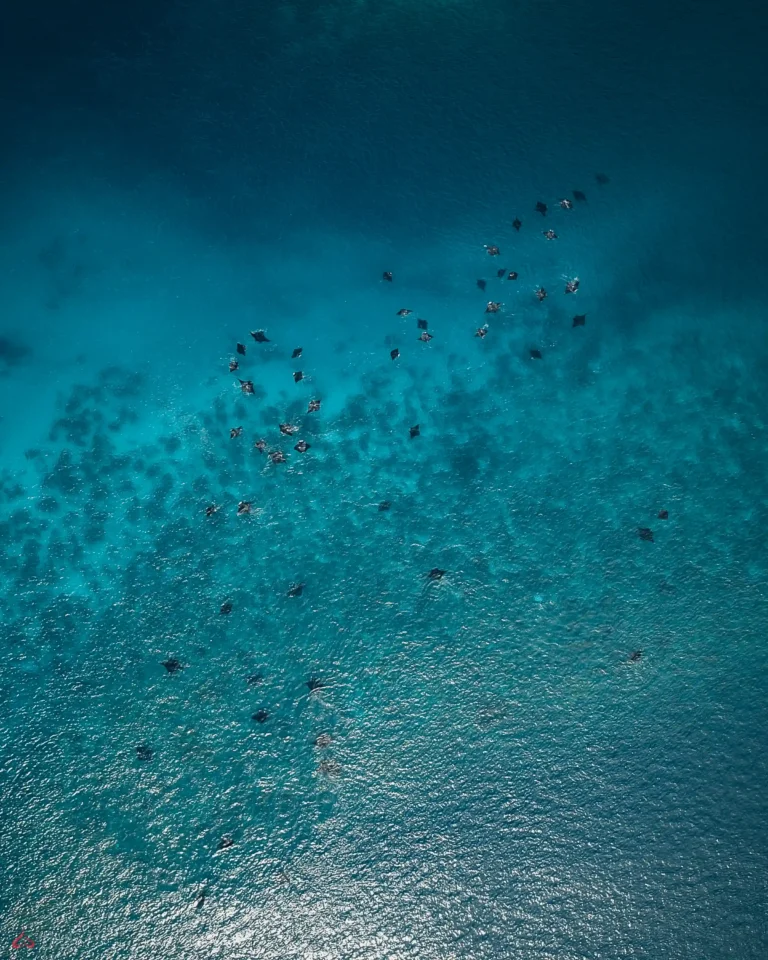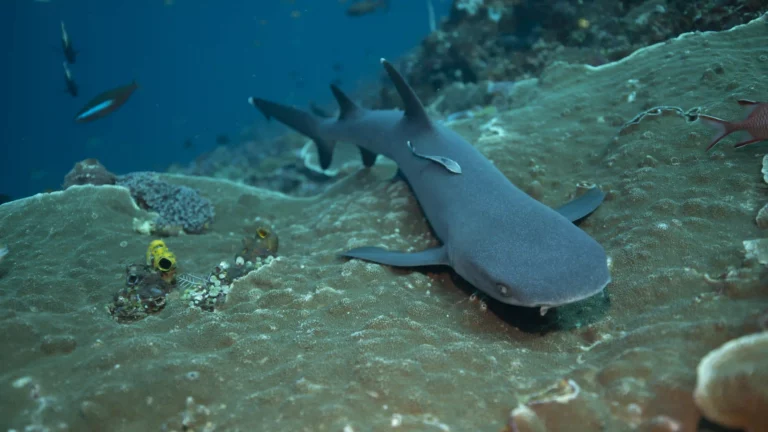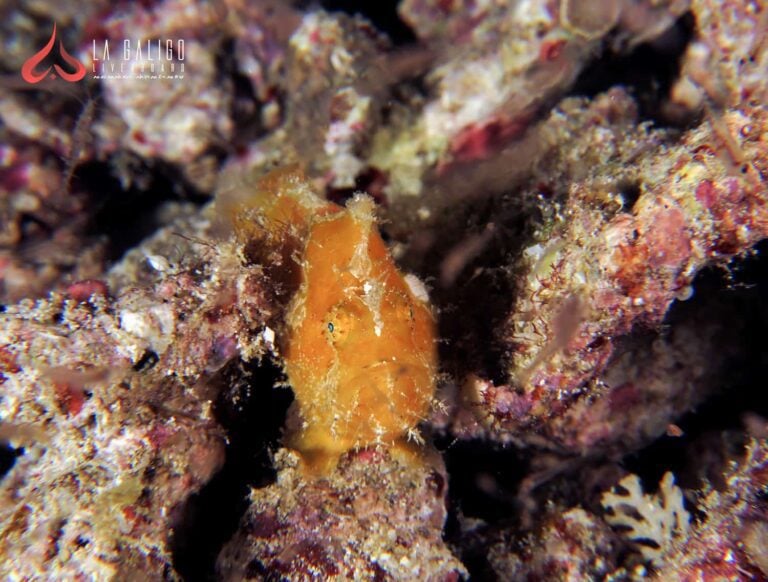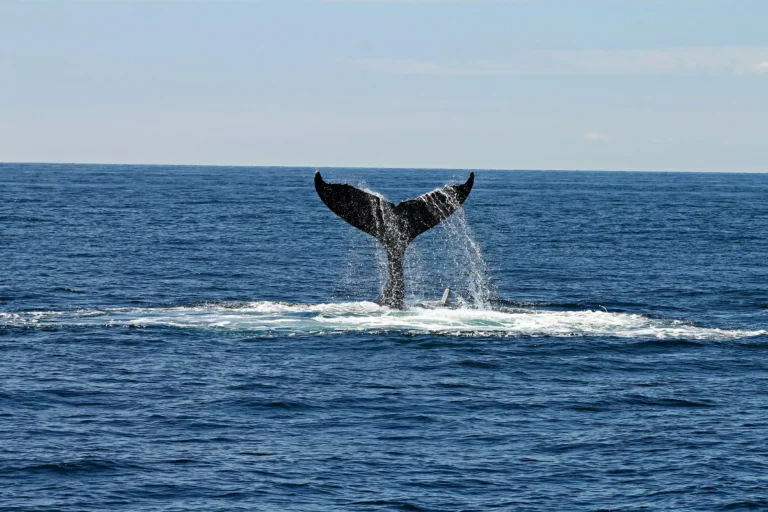The ocean is a vital part of our planet, providing habitat for a diverse range of species and playing a crucial role in regulating the Earth’s climate. However, human activities are putting the health of the ocean at risk. In this article, we will explore 10 simple and effective actions that you can take to help protect and preserve our oceans. By making small changes in our daily lives, we can all contribute to the well-being of the ocean and ensure its sustainability for future generations.
1. Reduce Single-Use Plastics
One of the easiest and most impactful ways to help save the ocean is to reduce our use of single-use plastics. Items like plastic bags, straws, and water bottles often end up in the ocean, where they can harm marine life and contribute to ocean pollution. By choosing reusable alternatives and opting for products with minimal or recyclable packaging, we can significantly decrease the amount of plastic waste that enters the ocean. Additionally, supporting policies and businesses that promote plastic reduction can also make a difference in protecting our oceans.
2. Support Sustainable Seafood
Another important action to help save the ocean is to support sustainable seafood. Overfishing and destructive fishing practices have led to a decline in marine species and damaged ocean ecosystems. By choosing seafood that is sustainably sourced and harvested, we can help protect marine populations and ensure the health of the ocean’s food web. Look for eco-labels and certification programs when purchasing seafood, and consider consuming a variety of species to reduce the demand for overexploited fish stocks. Additionally, advocating for responsible fishing practices and supporting marine protected areas can also contribute to the conservation of ocean resources.
3. Stop The Problem of Ocean Acidification
One way to help stop the problem of ocean acidification is to reduce your carbon footprint. This can be achieved by using energy-efficient appliances, carpooling or using public transportation, and supporting renewable energy sources. Additionally, being mindful of the products you use and choosing those with minimal environmental impact can also contribute to reducing ocean acidification. By taking small steps to minimise your carbon footprint, you can play a part in protecting the ocean from acidification.
4. Participate in Cleanup
Volunteer for beach or ocean cleanups in your local area. Organisations often host events where you can join others in removing trash and debris from shoreline areas. Not only does this help to keep the ocean and its inhabitants safe, but it also provides an opportunity to educate others about the importance of keeping our oceans clean.
5. Properly Dispose of Trash
Make sure you and others around you always dispose of trash, especially plastic, properly. This means recycling when possible and throwing away non-recyclable items in designated bins. By doing so, you can prevent trash from ending up in the ocean and harming marine life.
ALSO READ : How I Decide on The Best Dive Adventure for Myself?
6. Buy Ocean Friendly Gifts
When it comes to gift-giving, opt for ocean-friendly gifts that are sustainable and environmentally conscious. Choose gifts made from recycled or upcycled materials, or consider giving experiences rather than physical items. By selecting ocean-friendly gifts, you can help reduce the demand for products that contribute to ocean pollution and support businesses that prioritise sustainability.
7. Support Restoration Efforts for Damaged Ecosystems
There are several organisations and programs dedicated to restoring damaged marine ecosystems. You can support these efforts by volunteering your time, donating to relevant causes, or participating in community clean-up events. By getting involved, you can make a real difference in helping to rehabilitate and protect our precious ocean environments.
8. Travel Responsibly
When travelling to coastal destinations, choose eco-friendly tour operators and accommodations that support sustainable practices. Consider participating in beach clean-up initiatives or supporting local conservation efforts during your visit. Additionally, reduce your carbon footprint by opting for non-motorized water activities such as snorkelling, paddleboarding, or sailing, which have minimal impact on the marine environment. Your responsible travel choices can contribute to the protection and preservation of our oceans for future generations to enjoy.
9. Reduce Your Energy Consumption
One simple way to reduce your energy consumption and help save the ocean is to switch to energy-efficient appliances and light bulbs. By using less energy, you can reduce the demand for fossil fuels, which in turn reduces the amount of carbon dioxide being released into the atmosphere. This can help slow down ocean acidification and reduce the impact of climate change on marine ecosystems. Additionally, using energy-efficient appliances can also save you money on your energy bills in the long run.
10. Support Organisations Working to Protect the Ocean
One of the most effective things you can do to help save the ocean is to support organisations that are dedicated to its protection. By donating to these organisations, volunteering your time, or even just spreading the word about their work, you can make a real difference. There are many reputable organisations working on ocean conservation, such as The Ocean Conservancy, Oceana, and Surfrider Foundation. Look for local or global groups that align with your values and interests and find out how you can contribute to their efforts. Every little bit helps in the fight to protect our oceans for future generations.


